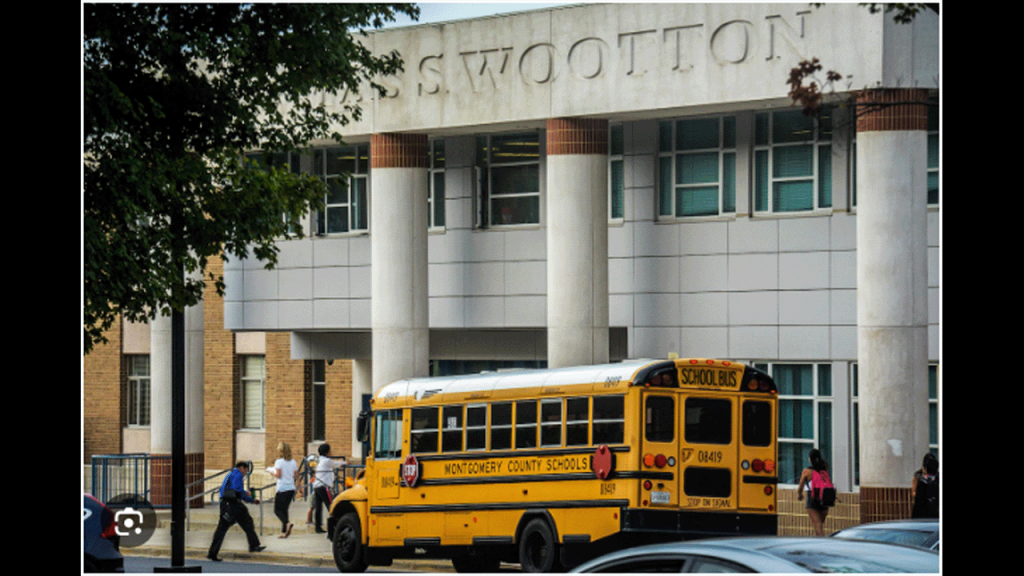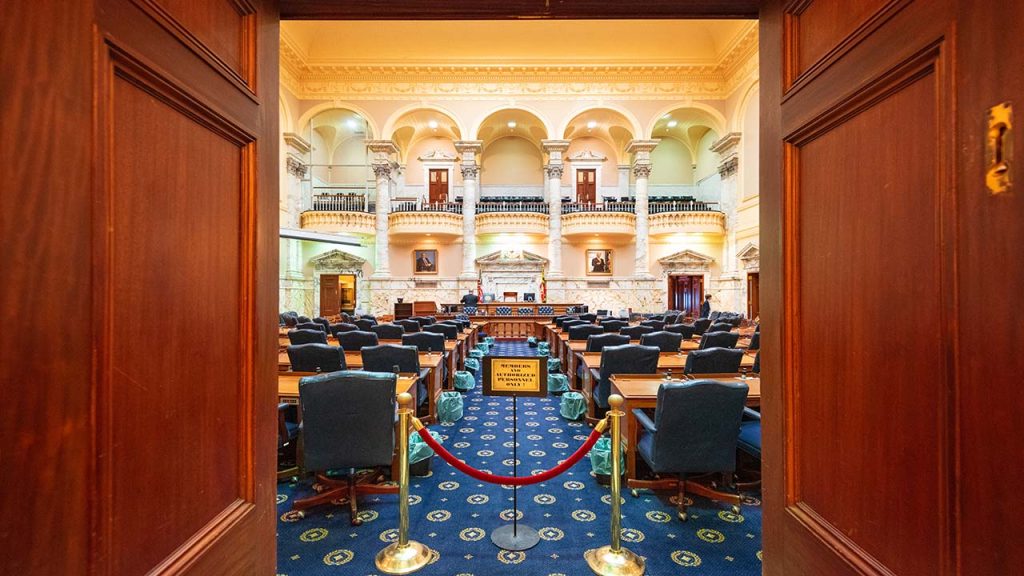

Navigating the Future of Ed-Tech: Balancing Innovation and Practicality in Schools
The latest trends in educational technology for 2025 include significant new ways schools are integrating AI, managing cellphone use, enhancing cybersecurity, and utilizing various ed-tech tools. These trends offer valuable insights for educators and administrators aiming to create safe, disciplined, and positive learning environments.
AI in Schools: A Boon for Efficiency or a Threat to Student Privacy?
Artificial Intelligence (AI) continues to be a force in education. It goes beyond classroom instruction and is now a resource for operational tasks such as budgeting and transportation. This expansion presents opportunities for schools to improve efficiency and safety. For instance, AI can optimize transportation routes, creating safer and more efficient student commutes. Also, AI-driven data analysis can identify patterns in student behavior, enabling schools to proactively address discipline issues and create a more positive school climate.
However, the increasing use of AI raises concerns about student privacy. As AI systems collect and analyze vast amounts of data, schools must ensure that they have robust data protection measures in place. Educators and administrators need to balance the benefits of AI with the need to safeguard student information, making informed decisions about the implementation of AI technologies.
Are Cellphones Destroying Classroom Discipline? The Case for a Total Ban
The debate over cellphone use in classrooms remains a contentious issue. While some educators advocate for the educational benefits of cellphones, such as access to digital resources and enhanced communication, concerns about distractions, mental health, and sleep disruption are leading many schools to enforce stricter policies. Research has shown that excessive cellphone use can negatively impact students’ attention spans and academic performance.
Developing clear, evidence-based policies on cellphone use can help schools balance the advantages of technology with the need to minimize distractions and promote a positive learning environment. Schools that implement total bans on cellphones often report improvements in student behavior and engagement. However, it is essential to consider the diverse needs of students and find a middle ground that supports both learning and discipline.
Cybersecurity Overkill: Are Schools Going Too Far in Protecting Student Data?
As schools increasingly rely on digital tools, cybersecurity has become a top priority. Protecting student data and preventing cyberattacks are essential to maintaining a safe school environment. Robust cybersecurity measures are necessary to safeguard sensitive information and ensure the smooth operation of educational technologies.
However, the emphasis on cybersecurity can sometimes lead to overly restrictive policies that hinder the use of beneficial technologies. Schools must strike a balance between protecting student data and allowing the flexibility needed for innovative teaching and learning practices. Educators and administrators should stay informed about the latest cybersecurity threats and best practices, ensuring that their policies are both effective and practical.
Ed-Tech Tools and School Climate: Enhancing Learning or Contributing to Tech Fatigue?
The selection and use of ed-tech tools can significantly impact school climate. Tools that support personalized learning and digital citizenship are gaining traction, as they foster a more inclusive and respectful school environment. Personalized learning tools can help address the diverse needs of students, providing tailored instruction that enhances engagement and academic achievement.
Conversely, tools that contribute to “tech fatigue” are being reconsidered, as they can negatively affect student engagement and well-being. Tech fatigue occurs when students and educators become overwhelmed by the constant use of digital devices, leading to decreased motivation and productivity. Schools must carefully evaluate the ed-tech tools they adopt, ensuring that they enhance educational outcomes without contributing to burnout.
By staying informed about the latest trends in educational technology and integrating these insights into their practices, schools can create safe, disciplined, and positive learning environments. As educational technology evolves, the role of educators and administrators in guiding schools through these changes will be more important than ever. Balancing innovation with practicality and ensuring that technology serves as a positive force in the learning experience, is essential for fostering student success and well-being.
Dig Deeper With Our Longreads
Newsletter Sign up to get our best longform features, investigations, and thought-provoking essays, in your inbox every Sunday.
The MEN was founded by John Huber in the fall of 2020. It was founded to provide a platform for expert opinion and commentary on current issues that directly or indirectly affect education. All opinions are valued and accepted providing they are expressed in a professional manner. The Maryland Education Network consists of Blogs, Videos, and other interaction among the K-12 community.










